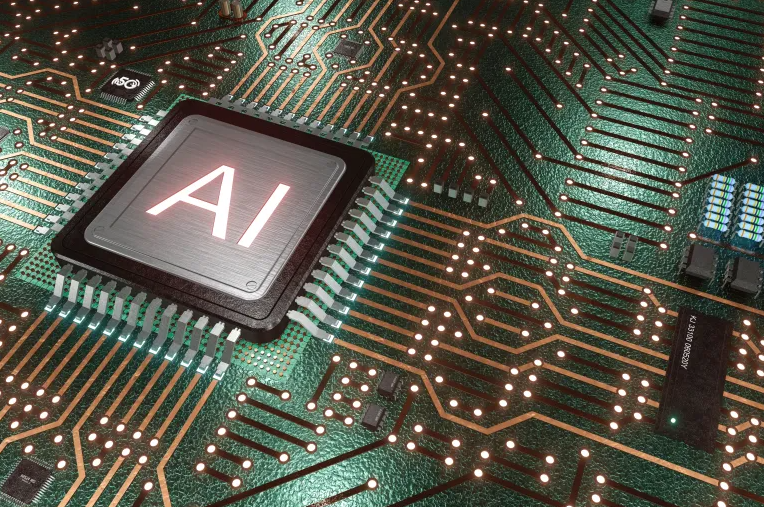
In December 2023, the European Union Commission, Parliament, and member states reached an agreement on the world’s first artificial intelligence law. Under this law, which the EU approved and is expected to come into effect this year, artificial intelligence will be regulated based on a risk-based approach to potential societal harm. Stricter rules will be imposed on high-risk artificial intelligence systems, and clear criteria will be established to distinguish artificial intelligence from simple software systems.
Additionally, the law aims to ensure that artificial intelligence does not adversely affect the efficiency of member states or any organization specializing in national security. Concurrently, the entry of high-risk artificial intelligence systems into the European Union market will be subject to a set of rules and obligations.
Albert Ozpilen, Chairman of the Board of the Turkish group “Bavou,” which focuses on artificial intelligence, stated that the development of artificial intelligence technologies provides opportunities and creates risks in the security field. He added that more advanced electronic attacks are expected in the future due to artificial intelligence development, increasing concerns about personal privacy.
Ozpilen further noted that potential errors in autonomous robotic systems, which will increasingly surround our lives, will raise concerns about the safety of lives and property. He emphasized the need for further investment in cybersecurity infrastructure and the development of AI-supported security solutions to address these risks. Ozpilen stressed the importance of establishing legal regulations to protect personal data during the development and use of artificial intelligence applications, while balancing competitiveness and ethical values.
To adapt to the changes imposed by artificial intelligence, employees need to be retrained and requalified in terms of how to use artificial intelligence, according to Ozpilen. He pointed out that the United States is a global leader in artificial intelligence thanks to giant private sector companies such as Google, Amazon, Facebook, Microsoft, and research universities.
Ozpilen highlighted Washington’s significant role in artificial intelligence and its technology development. He also noted that China is rapidly growing in the field of artificial intelligence and is striving to become the second global competitor to the United States. Regarding the Chinese government’s measures on this issue, Ozpilen said that Beijing has identified the development of artificial intelligence technologies as a national priority and made significant investments in this field. He explained that China has made significant progress in artificial intelligence research, education, and application to become self-sufficient in this field. Thanks to its strong political system, according to Ozpilen, China has become a leader in big data analysis and facial recognition technologies.
Leave a Reply